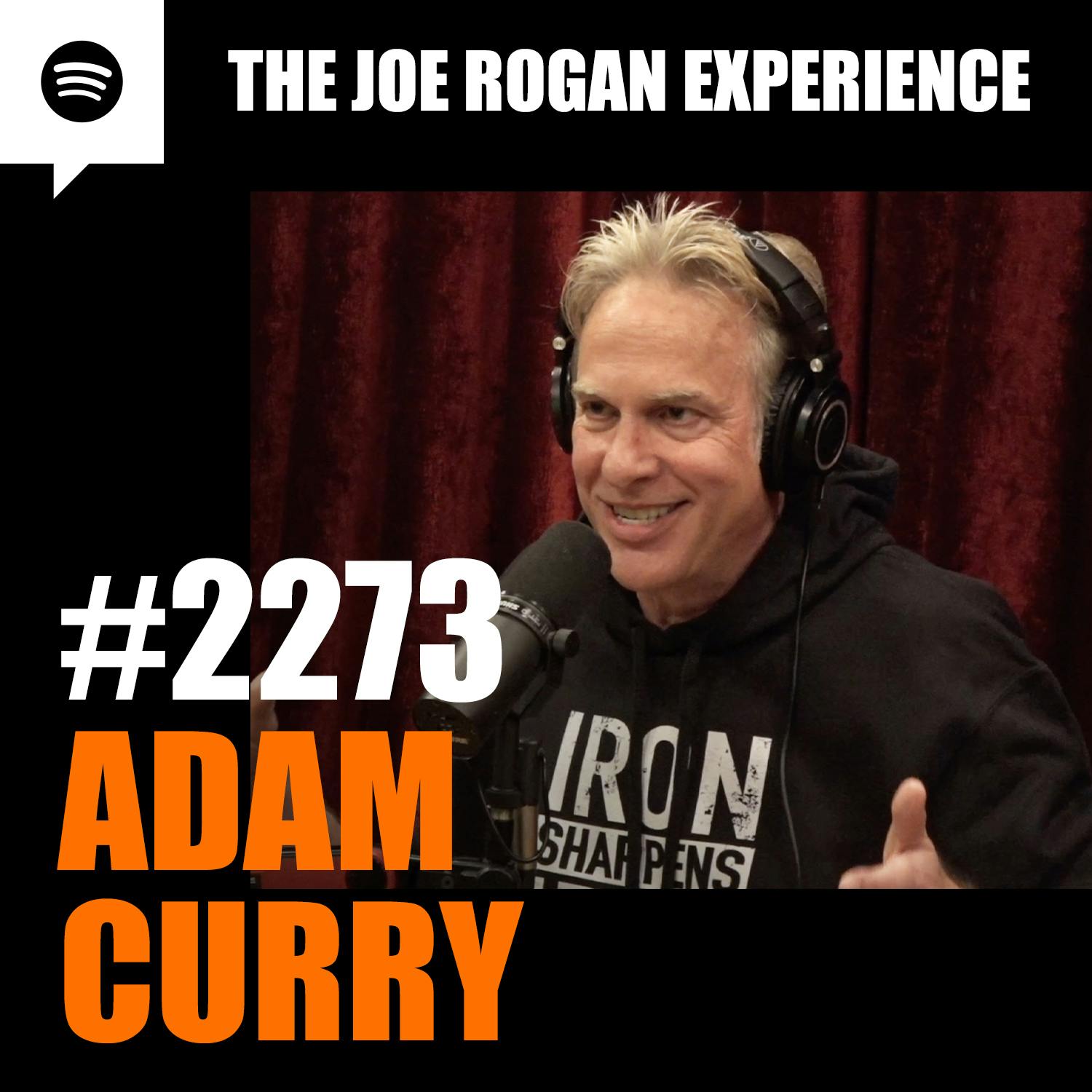
July 19, 2024 • 2hr 47min
#2178 - Sam Morril
The Joe Rogan Experience

Key Takeaways
- Comedy clubs and the business of comedy: Rogan and Morril discuss the dynamics of comedy clubs, with Rogan sharing his philosophy behind owning a club that prioritizes comedians over profits. They contrast this with other clubs that focus more on drink sales.
- The evolution of stand-up comedy: They talk about how stand-up has changed over the years, especially with the rise of social media and podcasts giving comedians more direct access to audiences.
- Political correctness and comedy: Both express concerns about increasing censorship and political correctness impacting comedy, while acknowledging the need for some boundaries.
- Media bias and misinformation: Rogan criticizes mainstream media for pushing narratives and spreading misinformation, citing examples like Russiagate and coverage of COVID-19 treatments.
- Social media censorship: They discuss issues around content moderation and censorship on social media platforms, with Rogan praising Elon Musk's approach to free speech on Twitter.
- The craft of comedy: Morril and Rogan share insights into joke writing, performing, and developing as a comedian over time.
Introduction
Joe Rogan welcomes comedian Sam Morril to the podcast. Morril is a stand-up comic, writer, and actor known for his sharp wit and observational humor. The conversation covers a wide range of topics related to comedy, media, politics, and culture.
Topics Discussed
Comedy Clubs and the Business of Comedy (1:13:15)
Rogan discusses his philosophy behind owning a comedy club, emphasizing that it's not primarily a money-making venture:
- The club is set up to break even financially while prioritizing comedians
- Most of the money goes to comedians, with enough left for bar/staff
- Contrasts this with other clubs that focus more on drink sales
Morril shares some of his experiences with different clubs:
- Praises clubs like Comedy Works in Denver and Hilarities in Cleveland
- Recounts getting banned from a club for making jokes about it on stage
"This club is set up for comedians. It was never set up to make any money. The whole concept about it was, I just want to make something where I don't lose money." - Joe Rogan
The Evolution of Stand-Up Comedy (1:14:49)
They discuss how stand-up has changed over the years:
- Rise of social media and podcasts giving comedians more direct access to audiences
- Importance of touring and performing in different cities to refine material
- How TV sitcoms used to be seen as the ultimate goal for comedians in the past
Rogan shares his experience balancing stand-up with his sitcom career:
- Realized he could make similar money doing stand-up as he did on the sitcom
- Found stand-up more creatively fulfilling than TV work
Political Correctness and Comedy (1:20:00)
Both express concerns about increasing censorship and political correctness impacting comedy:
- Discuss examples of comedians facing backlash for jokes
- Morril recounts controversy over rape jokes early in his career
- Talk about the importance of context in comedy
They also acknowledge the need for some boundaries:
- Recognize that truly hateful speech shouldn't be protected
- Discuss the challenge of determining where to draw the line
"I don't like the calling for people's heads either." - Sam Morril
Media Bias and Misinformation (1:22:12)
Rogan criticizes mainstream media for pushing narratives and spreading misinformation:
- Cites Russiagate as an example of media pushing a false narrative for years
- Discusses media coverage of COVID-19 treatments, including ivermectin
- Argues that podcasts have become more influential than traditional media
"Their whole game, up until social media and up until podcasts was they were the only ones talking so they could set a narrative and no one could do anything about it." - Joe Rogan
Social Media Censorship (2:30:16)
They discuss issues around content moderation and censorship on social media platforms:
- Rogan praises Elon Musk's approach to free speech on Twitter
- Criticize other platforms for unclear guidelines and arbitrary enforcement
- Discuss the impact on comedians trying to promote their work online
"Twitter's actually the only place left, if you think about it, which is really f**king weird." - Sam Morril
The Craft of Comedy (2:34:06)
Morril and Rogan share insights into joke writing, performing, and developing as a comedian:
- Discuss the process of coming up with new material and refining jokes
- Talk about the value of bombing and learning from bad sets
- Share stories about influential comedians like Dave Attell
They emphasize the importance of constantly working on new material:
- Rogan talks about adding new tags to existing bits
- Morril discusses the challenge of building a new hour after recording a special
"New stuff is a golden gift from the cosmos. New stuff's amazing." - Joe Rogan
Conclusion
The conversation between Joe Rogan and Sam Morril offers a deep dive into the world of stand-up comedy, touching on both the creative and business aspects of the profession. They share valuable insights into the craft of comedy while also addressing broader cultural issues around free speech, media, and technology. The discussion highlights the evolving landscape of entertainment and the challenges faced by comedians in navigating changing societal norms and platforms.









